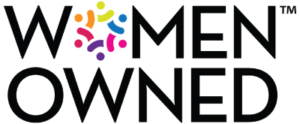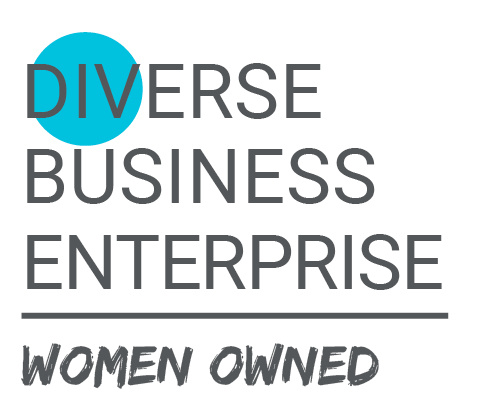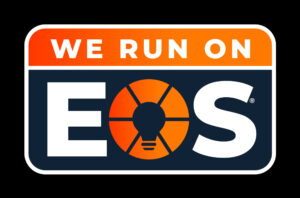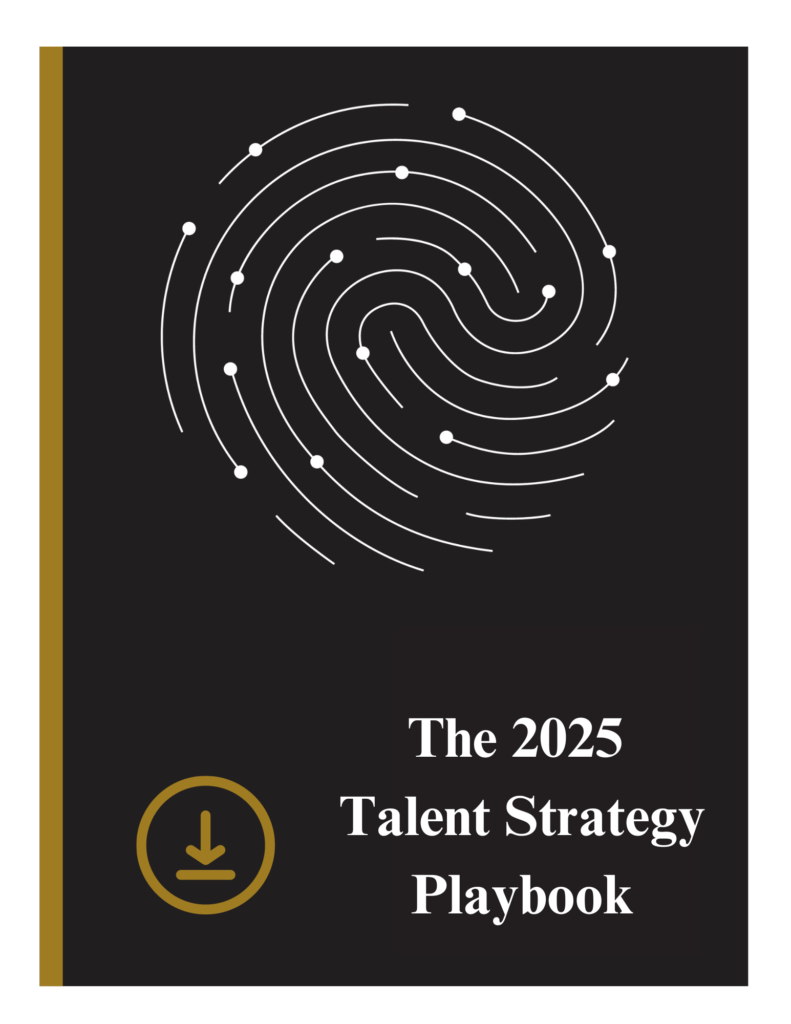by Nicole Degi
The traditional metrics of evaluating executive candidates are evolving quickly. While a polished resume can open doors, it is the demonstration of soft skills that truly sets candidates apart. In this article, we dive into the significance of assessing soft skills in executive candidates, emphasizing the pivotal role they play in shaping organizational culture and success. Your resume serves as the initial introduction, a snapshot of your professional journey. However, it is the interview phase that provides the platform to showcase your true core. This is the opportune moment to exhibit how you will not only contribute to the company’s objectives but also seamlessly integrate into its unique culture.
But what exactly are soft skills? Soft skills encompass a range of interpersonal traits and people- centric abilities that extend beyond technical skills. These include communication, problem-solving capabilities, effective leadership traits, and heightened emotional intelligence.
Below are a few tips for assessing soft skills in candidates:
- Define Your Criteria: Before diving into the interview, clarify the specific soft skills that are essential for success in the role and align with your company culture. Are you seeking strong communicators, collaborative team players, or empathetic leaders? Defining clear criteria will streamline your evaluation process and ensure consistency in candidate assessment.
- Create a structured interview guide: Adopt a structured interviewing approach for the role that incorporates behavioral questions! For example, “Can you share a time when you successfully resolved a conflict within your team?”
- Observational Assessment: This can be tough if you are interviewing a candidate on the phone or virtually, but you can pay attention to sound in the background, body language, or any distractions as well as how they respond to questions, do they listen when you talk, and can they clearly articulate the answers?
- Assessment Tools: Using assessment tools in the interview process can be highly beneficial to help evaluate soft skills. At W Talent Solutions, we utilize the Predictive Index which measures the four key drivers of success in a workplace as well as offer emotional intelligence tools that can help identify things like empathy, leadership traits, and communication styles.
- Implement work scenarios: Incorporate work scenario-based questions and/ or case studies into your interview process to gauge candidates’ ability to apply soft skills in real-world contexts.
In conclusion, mastering the art of assessing soft skills is essential for identifying top talent and building resilient, high-performing teams! As you embark on your recruitment journey, remember that soft skills are key to identifying organizational success!



















